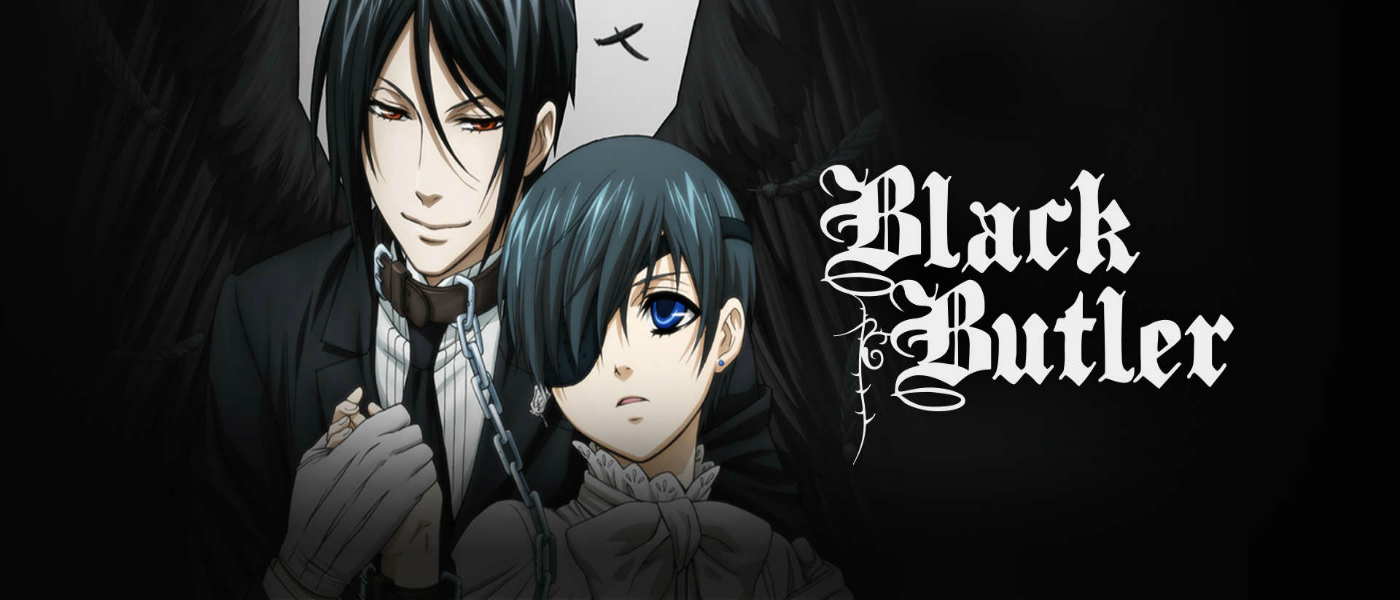Season Review: WTF 101 Season One
An underwhelming look at nature’s grossest adaptations and man’s cruelest moments.
Overview
In a dilapidated high school’s after-school detention room, a group of misbehaving teens is tortured each week by a demented science teacher named Professor Foxtrot. Each time the mad scientist shows up, she uses her space-time-traveling laser pointer to take the detention class to places new and fantastical. She mainly takes them through Euro-American history’s greatest instances of barbarism and the animal kingdom’s most visceral murders. Foxtrot does this in order to illustrate the world’s uncaring cruelty and that any attempt to characterize existence otherwise is a pleasant fiction.
While the kids at first resent Professor Foxtrot’s trauma-inducing field trips, they eventually grow to like her, even if they never cease being thoroughly disgusted by her antics. They agree not to expose her presence to the school administration, and when another mad scientist kidnaps a member of the detention crew, they band together with the professor to get her back. Their travels through the multiverse ultimately land them in the Q dimension, where—despite their best efforts—they end up trapped in the season finale. The group refuses to despair, however, promising that they will find a way back to their own plane of existence, by any means necessary.
Our Take
While WTF 101 is often described as The Magic School Bus by way of Rick and Morty, it owes much more of its existence to another edutainment show, Adam Ruins Everything. The show, from the same parent company (CollegeHumor), covers similar ground, exposing the ugly truth around an episode’s central theme. Though, where Adam Ruins Everything takes a look at various schemes, scams, and mistaken beliefs, WTF 101 is more interested in showing off an R-Rated version of things you might already know. The result is like a lurid history channel or a Planet Earth of just murder.
The show doesn’t really have characters to speak of. Each only has about one characteristic (feminist, dumb, mean-spirited, burnout) and aside from a high-energy turn from Mary Pat Gleason, have no real depth to their performance. Mostly the kids’ role is to react in disgust to whatever the good professor decides to show them next. Neither, then, is the plot a big focus for the show either. Each episode’s theme is a loose justification to get to whatever shocking animation WTF wants to show and the serialization only comes into play during the last third of the show, ultimately amounting to a soft reboot of the concept for the next season.
What WTF 101 does care about are its lessons. Each episode contains three examples around a theme, like party fouls or cute animals, illustrated with simplistic animations but brutally graphic implications. As you’d expect from a show made up of, essentially, shorts, they are hit or miss. Some trends do emerge, however. Animal episodes get repetitive fairly quickly, but I was consistently surprised what small parts of history WTF 101 mined for stories. The episode about inefficient military operations was a standout topic.
The human episodes are limited in their scope, however. In addition to all of the episodes never really covering enough varieties of their topic, the human episodes look at a very specific part of history. WTF 101 mostly looks at Anglophone history from the last few hundred years. This makes some sense, as this is what is most likely readily available on the English internet and the most comfortable for a (mostly) white American writers’ room. It just does leave quite a bit of space for the interesting foibles of other cultures. I can understand and respect the writers’ possible fear of portraying other cultures negatively having graver effects than they were willing to deal with, but I think I’d have respected the show more for an attempt.
This restraint permeates a lot of the show’s weaknesses. While the series is incredibly graphic in its depiction of some violence and sex, it will randomly choose to censor certain things. I was never sure if it would be because it was harder to draw or for a moral reason, but it was occasionally distracting. Additionally, WTF’s nihilistic outlook doesn’t do a lot for me, especially when it’s so close to talking about real human cruelty in its depictions of colonialism. The messaging comes across a little grimdark for me and doesn’t really jibe with the semi-hopeful ending that the show lands on at the end of the season.
WTF has a lot going for it. It has a strong pedigree, some fun influences (even if it does lean on them a little too hard at times), and solid potential going forward. The showrunners will have to watch out for diminishing returns, however. Sex and viscera are incredibly shocking the first time around, but the human mind can get used to just about anything.























"There are also other characters that come and go (also owned by the Warner Bros. Discovery conglomerate media company)."
Huh. Is that just referring to other characters from the show itself, or is this implying that the new season is going to have cameos from other WBD IPs